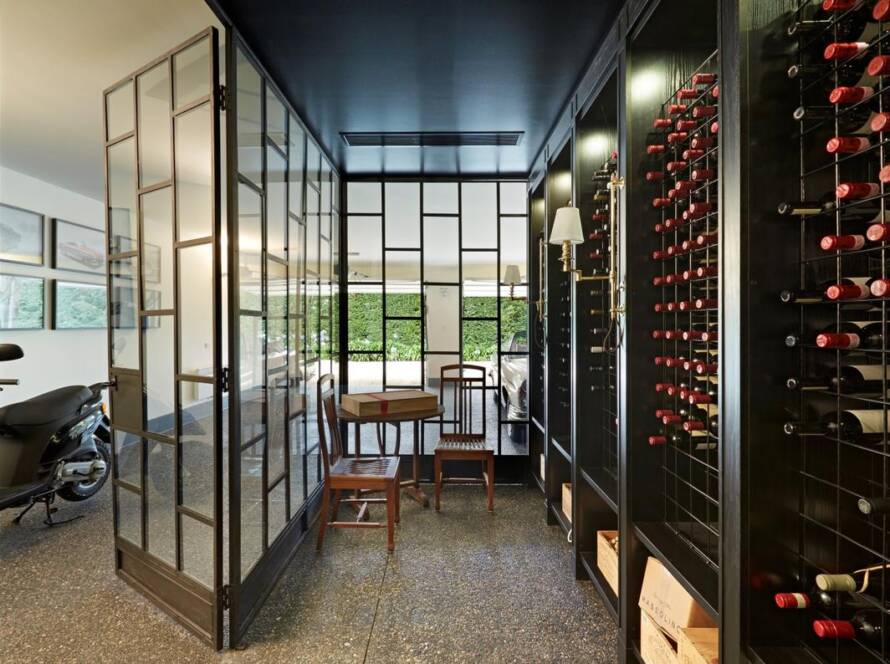What is a Wine Collection?
Wine collection involves buying different wine beverages to store them in a wine cellar, a storage facility for bottles of wine. A typical example is the Melbourne Wine Cellar Door where patrons collect the product in large quantities. The purpose of wine collection depends on individual preferences. Not everyone who buys wine beverages in bulk fits the wine collection category.
Table of Contents:
Why do People Engage in Wine Collection?
One of the purposes of wine collection is to store the drinks in a wine cellar, anticipating that the price of the wine will increase with the intention of selling it at a higher price. Wine collectors have a business objective of selling the commodity at a profit, considering that the value appreciates. Unlike perishable products, wine can be stored for many years particularly the red wine stored in cellars specifically for collection purposes.
The other category of people collects wine for consumption. Most wine fanatics believe in buying the wine as soon as it is released because the price will be reasonable at that time. Purchasing the exact wine after many years, the fee will have changed because of the belief that ‘wine gets better with age’. The longer it is stored, the more it appreciates. However, if the bottle is still unopened, some wines can be stored for up to five years.
Can I Be a Wine Collector Without a Wine Cellar?
It is possible to be a wine collector without a wine cellar as long as it is stored in your house in dark and cold places. You only need some space in your home where the wine will be accommodated while you facilitate a wine cellar for the long term.
Some wine collectors store the wine in their laundry rooms, provided the temperature is conducive for preservation. Meanwhile, the expectation is that as the wine collection gathers momentum, a wine cellar will be set up if the collector is determined about long-term wine collection.
Other wine collectors prefer to use the space under the staircase as an alternative for a wine cellar. The restriction with the staircase option is that there is a limited amount of space. It will be hard to store a large volume of wine compared to an established wine cellar. Wine collectors are urged to avoid using garages and kitchens as alternatives for wine cellars because of the temperature, which is inconsistent with the recommended guidelines for wine cellars.
How Do You Start a Wine Collection Venture?
Anyone can start a wine collection enterprise provided they are passionate about good wine brands such as red wine stored in cellars and other influential brand names. Like any other venture, wine collection demands space to store your wine bottles in a wine cellar. A wine cellar is not just an ordinary room; there are guidelines to an ideal wine cellar, especially the lighting and temperature aspects of the environment.
Therefore, before one starts wine collection, these are some factors to consider.
Disposable income
To be a prominent wine collector, it is essential to have disposable income. It is not advisable to start a wine collection when your financial status indicates struggles to sustain basic needs such as rentals and groceries. There must be a budget to sustain the wine collection expenses. Wine can be expensive depending on the brand and market factors like the supply and demand for the product. Part of the funding must be devoted to infrastructural development regarding storage space, record keeping, and insurance.
Wine Cellar maintenance
Wine beverages require specific preservation and management methods related to the conditions of your wine cellar. Old wine requires a specialised environment for preservation, such as recommended temperature and humidity levels. Such a wine cellar demands extensive funding to preserve the wine. Besides maintaining the conditions in the wine cellar, there is a risk of developing Molds and fungal growth because of the moist conditions.
Record keeping and documentation
The wine collection is a unique adventure. Unlike other activities, everything about each wine bottle must be recorded for historical purposes. The collection includes the original receipts, container, auction registration number (if acquired through auction) and the details of the dealer who sold the wine. The records must be securely stored. A handwritten description and history of the wine make your collection more valuable than that of competitors.
Wine Appraisal
Like property appraisals, wine is subject to appraisal because wine markets are volatile or unpredictable. The value of the wine fluctuates depending on market dynamics at the time of evaluation. It is essential to maintain an accurate valuation of your wine. If the wine cellar is destroyed by fire, the insurer will compensate you based on the value of your wine collection. Wine has a shelf life; it cannot last forever; the wine collector must understand the lifespan of each bottle.
What Does It Take to Build a Wine Collection?
Wine collection involves research; otherwise, the collector will not be relevant to the wine collection venture. The collector needs to establish connections in the wine market to understand where the leading wine brands are produced. For Queensland wine collectors, one can do an online search for phrases like ‘Melbourne Wine Cellar’ or ‘wine cellar Melbourne’ to engage experts in the wine collection industry.
Wine collectors must be vigilant. What they desire in the present may no longer be relevant to them in future. Consistent research and information gathering will safeguard risks of over-commitment in collections that will no longer be irrelevant.
Unlike paintings with no shelf life, wine is subject to a shelf life span. Every wine has a lifecycle that varies with the alcohol composition in each bottle. Some alcohol brands are volatile, which affects the lifecycle of the brand. Wine cellars must invest in information that develops their wine and wine cellar management knowledge.
Wine collectors must be vigilant. What they desire at the present may no longer be relevant to them in the future.
Summary
Wine collection is an investment. Some people consider the practice a hobby, but most wine collectors have earmarked an increase in value for selling the wine at a profit. Some collectors acquire wine stocks for consumption and sell the rest at a profit.
Factors determining the type of wine vary, but the most prominent is the price of each wine bottle. That will determine the sustainability of one wine bottle and not the other. Pricing involves the cost of producing a brand of wine in terms of the market price of grapes, transportation costs, labour, and regulatory factors depending on the state and government.
The market segment is important because wine can be scarce in some locations and abundant in other regions. Melbourne is one of the most popular states for wine collection and availability, as demonstrated by multiple Wine Cellars around Melbourne and its surroundings.




